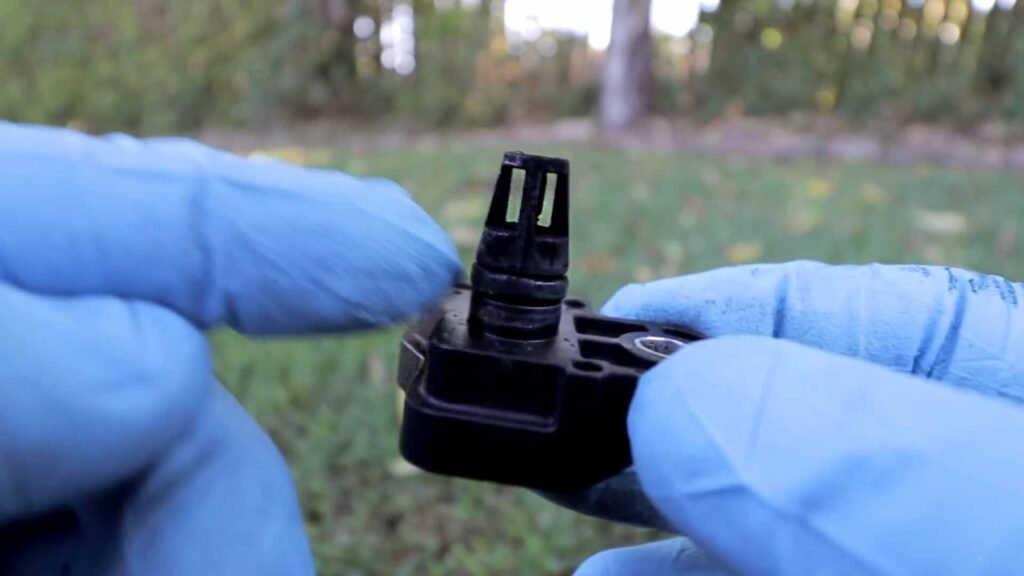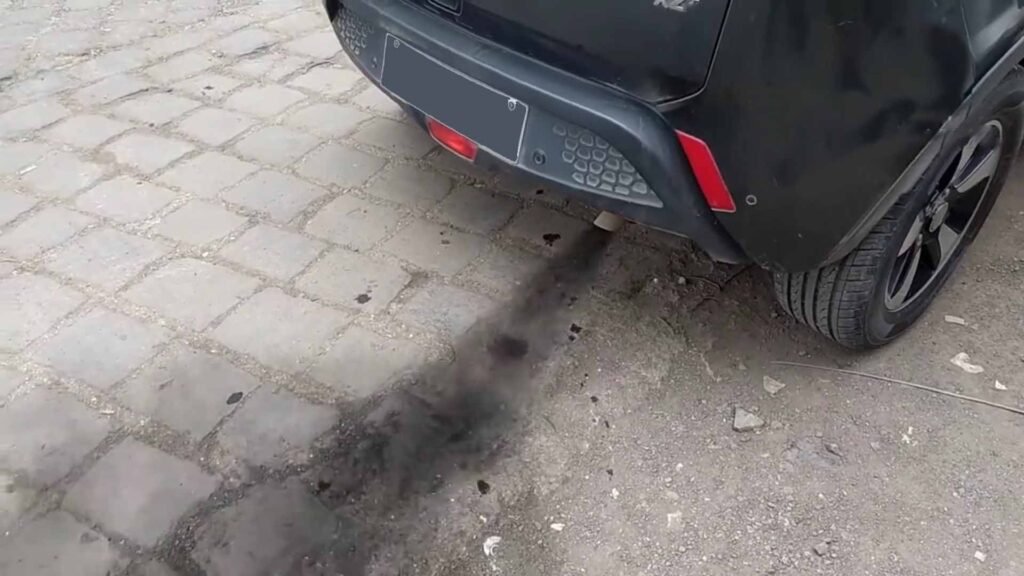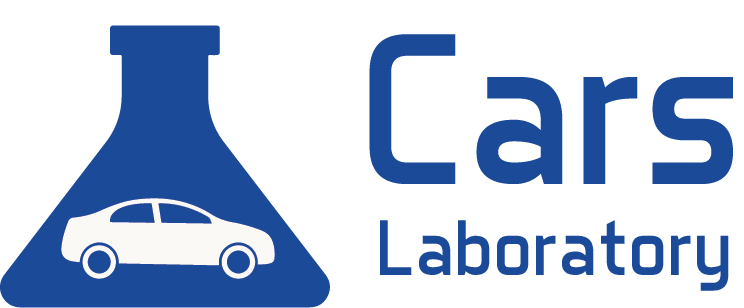
The MAP (Manifold Absolute Pressure) sensor is one of the main electrical components that is responsible for the engine to run smoothly. It regulates the engine’s electrical system. If the sensor is faulty then you may experience one or more symptoms including engine instability, misfiring, rough idling, and long starts.
Error codes
The easiest way to confirm is to check it with an OBD2 scanner. The most common Error codes related to its fault range from P0105 to P1109. Faults are of different nature, some of them are temporary and can be fixed by just cleaning the MAP sensor. In some cases, you may need to replace it depending on the nature of the problem.
Poor Fuel Average
You may also experience a poor fuel average. Not in every case it refers to a sensor fault. There could be several other reasons for the poor fuel average which need to be checked. If you are not sure if the problem is due to a bad sensor then you may need to perform some other tests to confirm it or if you are a new driver having less knowledge of the car’s mechanical and electrical systems then you should visit your nearest mechanic for advice.
Rough Idling
An engine’s unstable RPM can be another symptom of it. If car RPM goes up and down at idle and sometimes even car engines get turned off due to extremely low RPM then this could be due to a faulty sensor. This sensor is responsible for managing the air-fuel mixture. An Irregular air-fuel mixture can cause unstable RPM.
Smelly Smoke

When the inaccurate amount of air and fuel is mixed in the combustion chamber, it can result in smelly smoke from the exhaust. Either less or more is mixed in both cases you can experience it from the unpleasant smell of gasoline. In most cases, the smoke is blackish. You may also experience sluggish acceleration with the smoke. This is because the bad MAP sensor is unable to provide the exact amount of air and fuel mixture resulting in smelly smoke from the exhaust.
Engine Knocking
Incorrect air and fuel mixture can cause engine knocking sound. Mostly the sound is observed at load or when the car is in acceleration. Continuous engine knocking sound is not a good sign for your car’s engine health and should be addressed as soon as possible. Not every time the engine knocking sound is due to this, there could be some other reasons for this including low-quality fuel.
Reduced Engine power
Engine power limitation can also be a symptom. You may experience a sluggish engine and less responsive to the acceleration pedal. The car can take more time than expected to get the top speed and sometimes may not be able to get top speed.
Engine Surging
Another symptom is uncontrollable acceleration and deceleration without input from the user. This can result in an uncomfortable driving experience. You may also experience jerks due to sudden acceleration and deceleration and in extreme case you may not be able to drive.
Engine Misfire
Another common symptom is engine misfire. When air and fuel mixture is incorrect it can cause failure of the combustion process. Engine misfires or backfires are a serious issue and should be addressed as soon as possible. Driving a car with these conditions can be harmful to your car’s engine health.
Check Engine Light

Not every time you get the check engine light. This is because electrical errors are complicated and even ECU can not always detect them accurately, but if you are getting the check engine light and on the inspection with the scanner you get the error codes, then the first step should be to clean it and if it does not work then you need to replace it.
Conclusion
MAP sensor is responsible for the correct fuel and air mixture in the combustion chamber. If you are experiencing one or more symptoms then you must replace it with a new one. Do not try to repair it. The only thing you can try is just get it serviced and if it does not work then you must replace it.
